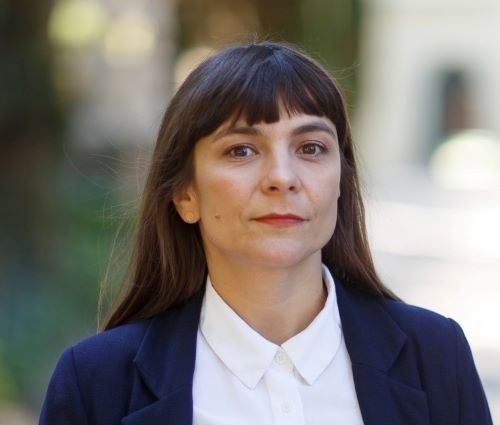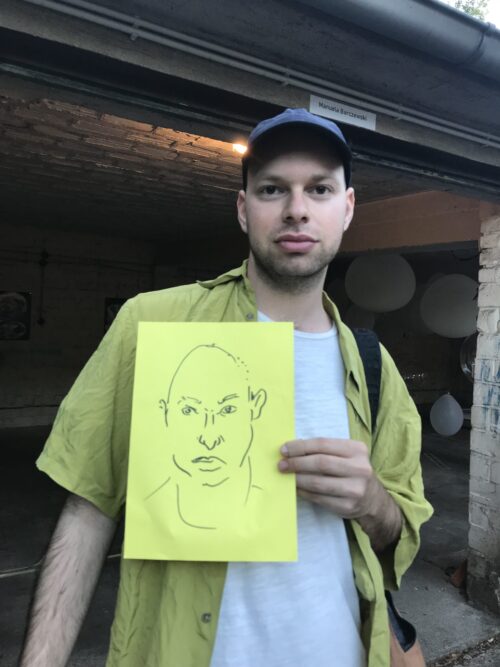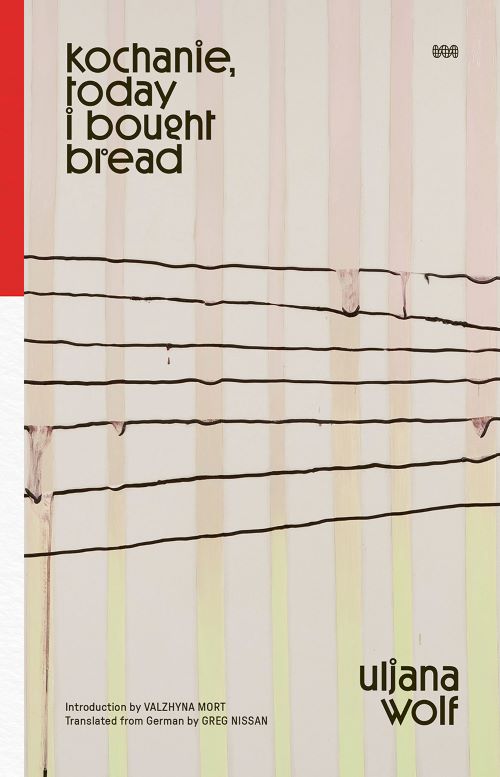Imy fathersare simple menthey have daughtersjust as i amwe dare to questionwe wear our father’sembroidered wordinto the darkest woods IImy fathersare no simple menthey have daughtersjust as i amwe talk up a pacewe cheat in the chaseof our father’s wordstill in darkest woods IIImy mouthsare no simple fathersthe first one speaksi’ve measuredthe second keeps quieti wasn’t rememberedthe rest always quarrelthe rest get their way IVmy fathersare simple surveyorsthe first one leavesthe second callsthe third one linksthe countries to figures Vmy fathersare no simple surveyorsthe first remainsthe second one whinesthe third registerswhat the maps hide VImy mouthsare simple daughtersour cadastreswe hold them tightunder our heartswe write inside:love has limitshinging on date and site VIImy daughtersare no simple mouthswe grieve awhilewe lurk in defiancewe write in brackets:but love still roamsaround in maps(we’ve seen it) VIIImy fathersare no simple rhymeslove fumes in a betwith a filter cigarettemy daughtersare no foolish mouths(but it was time)
mein flurbuch
Imeine vätersind einfache männersie haben töchterwie ich eine binwir fragen geschicktwir tragen gesticktunseres vaters wortnoch in die dunkelsten wälder IImeine vätersind keine einfachen männersie haben töchterwie ich eine binwir sagen geschicktwir jagen gespicktunseres vaters wortnoch in den dunkelsten wäldern IIImeine mündersind keine einfachen väterder erste sprichtich habe vermessender zweite schweigtich wurde vergessender rest ist sich uneinsder rest setzt sich durch IVmeine vätersind einfache vermesserder erste gehtder zweite ruftder dritte verbindetdie länder zu zahlen Vmeine vätersind keine einfachen vermesserder erste bleibtder zweite weintder dritte trägt einwas die karten verschweigen VImeine mündersind einfache töchterunsere flurbüchertragen wir emsigunter den herzenwir schreiben hinein:die liebe hat maßeverlässlich mit datum und ort VIImeine töchtersind keine einfachen münderwir trauern langewir lauern trotzigwir schreiben in klammern:die liebe streunt aber dochumher in den karten(wir habens gesehn) VIIImeine vätersind keine einfachen reimedie liebe raucht um die wettemit einer filterzigarettemeine töchtersind keine albernen münder(aber das musste sein)






